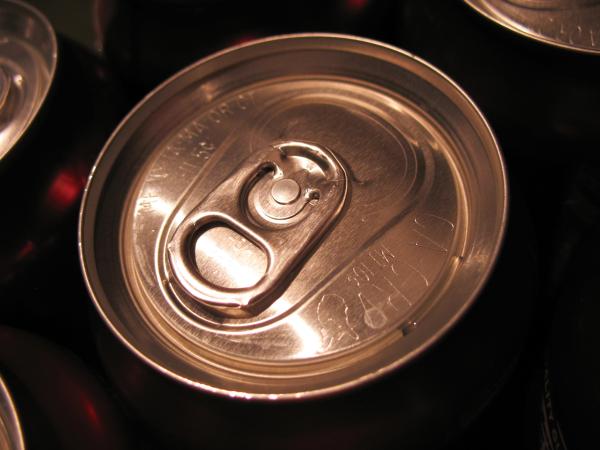
Cook County, Illinois, Chicago's home, has now implemented its long-sought tax on sweetened beverages, including soda and so much more. Those wishing to buy both sugar and artificially-sweetened soda, as well as ready-to-drink sweetened coffees and teas, sports and energy drinks, and juice products that aren't 100 percent juice will be paying an additional penny per ounce. That is, of course, if they don't go outside the county to make their purchases.
Supposedly the purpose of such taxes is to decrease the amount of these beverages that people will buy — and therefore they will choose more healthful drinks — like water perhaps? And that, in turn, will result in lower calorie consumption and perhaps have an impact on the obesity problem. Oh, and did I mention they would also enrich the coffers of the locality levying the tax?
Let’s see what’s been happening in another city that has instituted these so-called soda taxes. In Berkeley, CA, for example, a study was done before and one year after the implementation of such a tax — which we wrote about here. To summarize briefly, soda consumption did decrease slightly — by under 10 percent, while sales of untaxed beverages went up by about 3.5 percent. However, soda sales outside Berkeley also increased by about 7 percent. But to cut to the chase, calorie consumption didn’t drop significantly — let’s face it, an (untaxed) smoothie has lots more calories than a soda. So much for fighting obesity. Whether these trends have continued. or if the tax revenue has gone up, down or stayed constant remains to be seen —it went up in the first year, but if consumption of taxed items went down substantially, that income would also be expected to drop.
In Chicago, in the meantime, consumers are confused about what is and isn’t taxed, and some are promising to head outside of the county to purchase their (untaxed) favorite beverages.
What’s really mind-boggling about this Cook County tax is that they’re also taxing non-caloric beverages sweetened with non-caloric sweeteners such as Splenda. I guess that really tells us the purpose of this tax — revenue for the governing body, not for reducing the body size of consumers. What a surprise!



